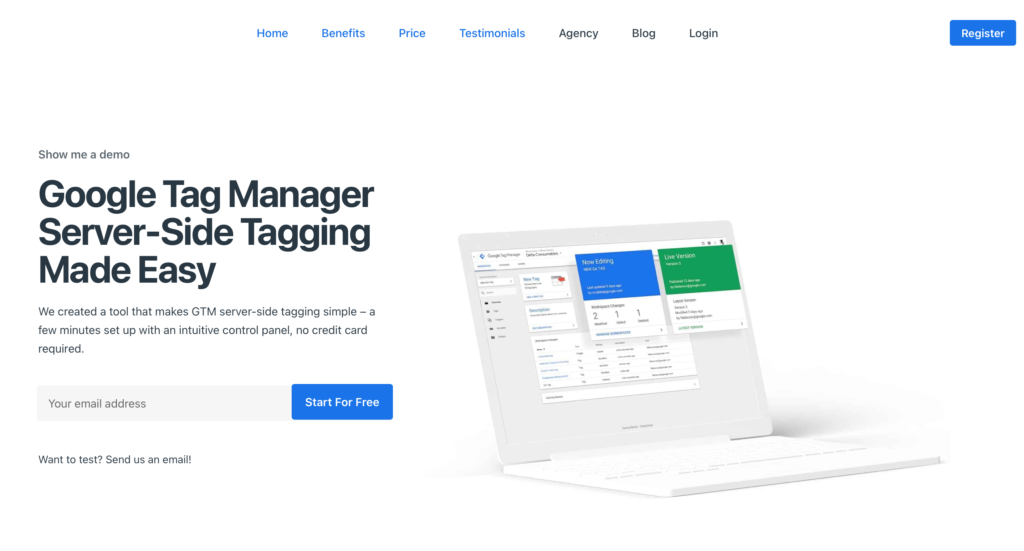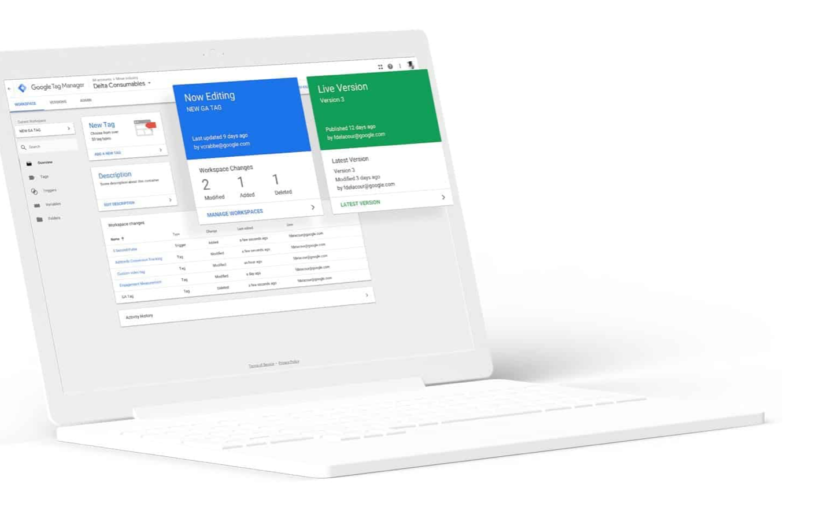I have used GTM for a few years in many projects because it provides the ability to manage all website tags without updating production. This is very helpful if you have middle or big-sized projects and can’t update the code in production often.
This summer, Google created a release of GTM Server Side Containers but having this type of container is not free. Google bill for one test container near 40$ per month, and if you need a production-ready version, prices start from 100$ per month.
This is a little bit expensive for not commercial or small projects. That’s why I started my own project that handles GTM Server Side deploying much cheaper and easier.

GTM Server Side allows you to hide business logic in the server code, speed up website loading, and improve user data protection by restricting access to them by third-party scripts. My service has a free plan and doesn’t require a credit card or any specific knowledge of its works instead of Google Cloud deploying. That’s why all clients like it.
Also, as I am a back-end developer, it is much easier to develop tags and provide solutions for the client in a server container instead of the web container. I already developed a few tags for the server-side container, and of course, all of them can be found on GitHub. If you have any suggestions of what else I can add or maybe what your project needs for server side analytic just write to me and I will try to help you with this.
I spend a lot of time researching and developing it, so I hope that it will have a great future because it is widespread and already has clients who use it. Wish me good luck with this project)





